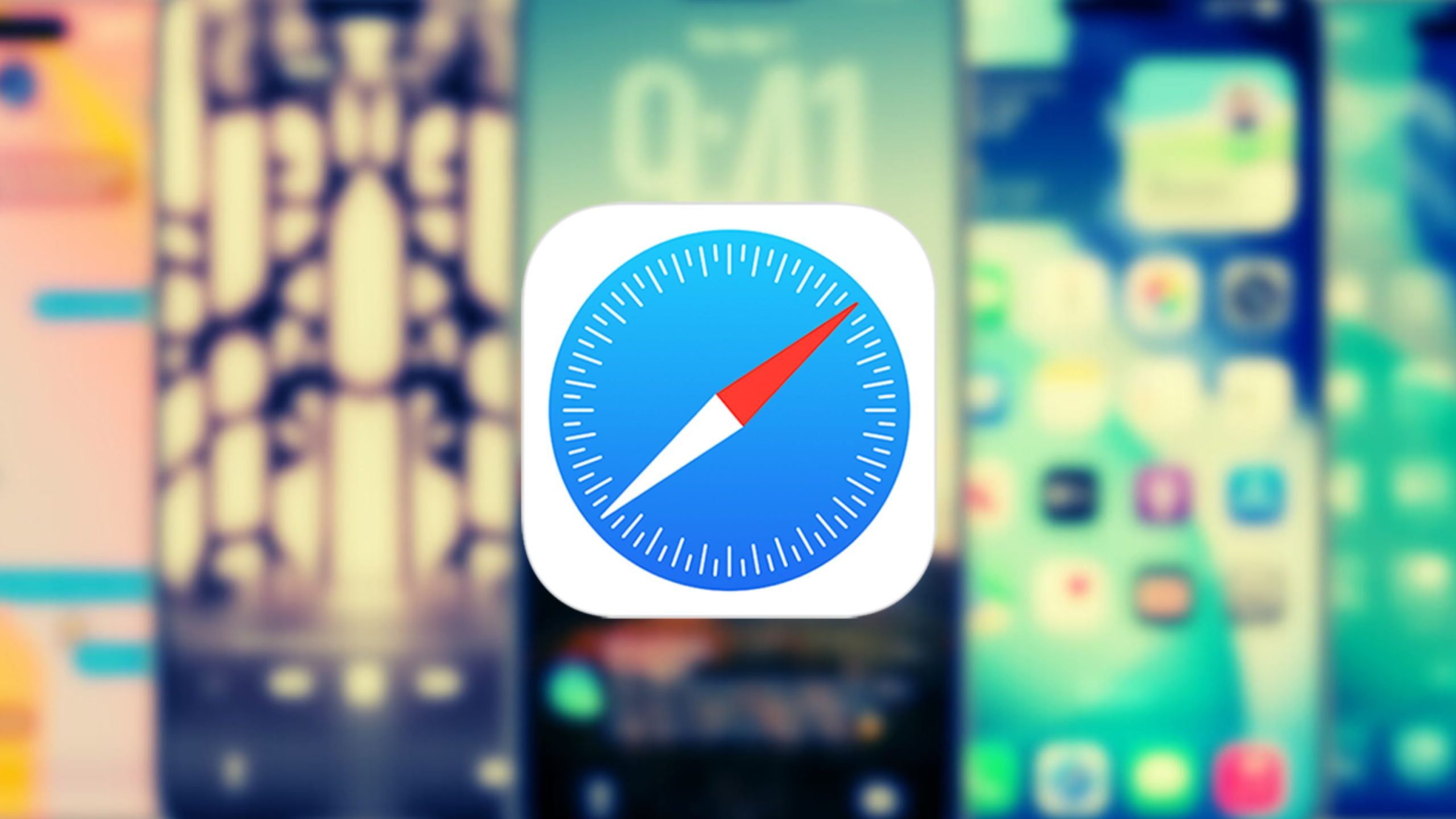Apple is facing renewed allegations of stifling competition in the European mobile browser market, with the Open Web Advocacy (OWA) accusing the company of deliberately maintaining roadblocks that prevent meaningful adoption of rival browser engines on iOS. Despite policy shifts introduced to align with the EU’s Digital Markets Act (DMA), the organization says Apple’s approach has left little room for actual progress.
Under the DMA, Apple was required to permit both third-party app stores and non-WebKit browser engines within the EU, a change the company formally implemented in March 2024. However, OWA argues that these regulatory concessions have not translated into real opportunities for competitors.
“Apple claimed it didn’t know why no browser vendor has ported their engine to iOS over the past 15 months,” the group stated following a recent DMA workshop. “But the reality is Apple knows exactly what the barriers are, and has chosen not to remove them.”
According to OWA, browser developers such as Mozilla and Google are faced with significant technical and strategic hurdles if they wish to introduce their own engines to iOS. One such obstacle is Apple’s requirement that browsers built with alternative engines be offered as entirely separate apps.
That means developers would need to build and promote standalone versions of existing browsers, something the organization sees as an unnecessary barrier, especially when most users already have familiar versions of Chrome or Firefox installed, albeit still tied to Apple’s WebKit.
There are also concerns about Apple’s policy on update distribution. If a user with an EU-based browser leaves the region for over 30 days, that browser may no longer receive updates. This restriction raises potential security issues and, according to OWA, contradicts Apple’s public messaging around user safety.
The group maintains that these limitations serve to protect Safari’s position in the iOS ecosystem. Beyond market dominance, there are financial implications as well. Google reportedly pays Apple around 20 billion dollars each year to remain Safari’s default search provider. Any erosion of Safari’s user base could jeopardize that revenue stream.
“Apple will continue to reap billions per year as a reward for its defiance of the DMA, revenues that are extracted from consumers and businesses via denying them meaningful choice and locking them into Apple’s services on Apple’s terms,” OWA warned. The organization is now calling on EU regulators to launch a formal investigation into Apple’s adherence to DMA obligations and compel changes that would level the playing field for other browser vendors.
Fifteen months after Apple’s supposed compliance, OWA argues, meaningful browser competition on iOS remains virtually nonexistent. The group insists that enforcement, not just legislation, is essential to ensuring consumers get genuine alternatives.












